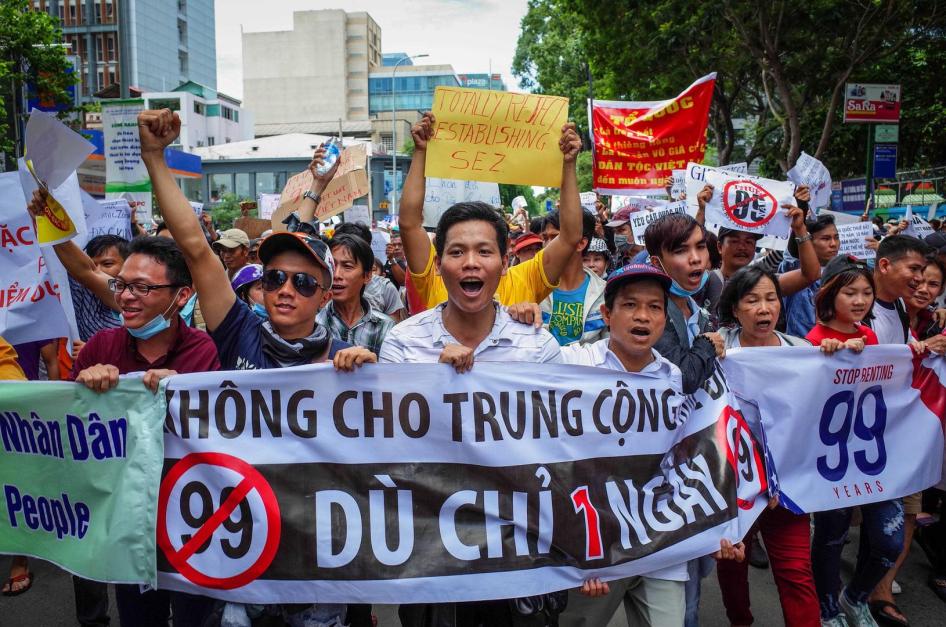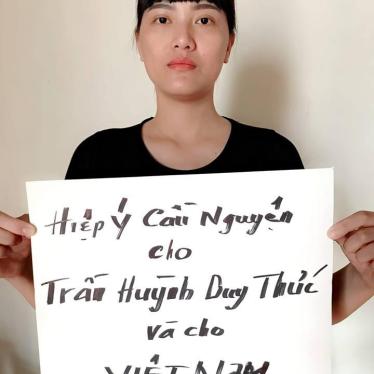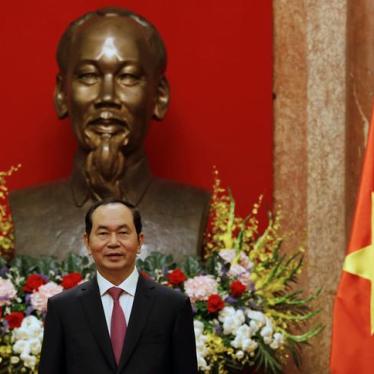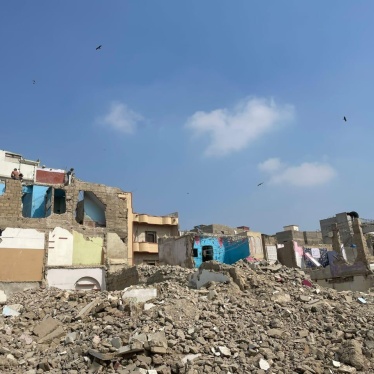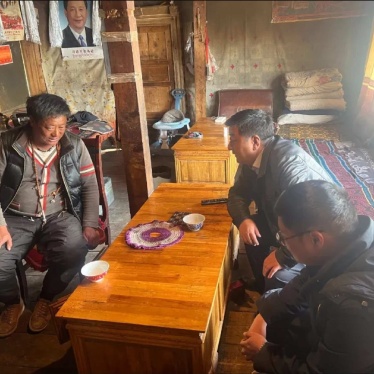(New York) – Vietnam intensified its systemic suppression of basic civil and political rights during 2018, Human Rights Watch said today in its World Report 2019.
The repression included attacks on freedom of speech, association, and assembly, and freedom to practice religion. Despite Vietnam’s worsening human rights record, many donors and trade partners ignored these developments and carried on business as usual.
“Vietnam’s escalating crackdown and increasingly harsh prison sentences reveal an effort to try to break the will of those campaigning for reform, but the strategy is backfiring as more people demand their rights,” said Phil Robertson, deputy Asia director. “International donors and trade partners should publicly support these brave rights defenders.”
In the 674-page World Report 2019, its 29th edition, Human Rights Watch reviewed human rights practices in more than 100 countries. In his introductory essay, Executive Director Kenneth Roth says that the populists spreading hatred and intolerance in many countries are spawning a resistance. New alliances of rights-respecting governments, often prompted and joined by civic groups and the public, are raising the cost of autocratic excess. Their successes illustrate the possibility of defending human rights – indeed, the responsibility to do so – even in darker times.
During 2018, the Vietnamese authorities sought to break up several key dissident networks. At least 42 people were convicted for expressing opinions critical of the government, peacefully participating in public protests, or joining pro-democracy groups. They included nine members of Brotherhood for Democracy and five members of the Vietnam National Self-Determination Coalition. In June, two of the Brotherhood for Democracy members, Nguyen Van Dai and Le Thu Ha, accepted release into exile in Germany.
In August, an environmental activist, Le Dinh Luong, received a 20-year sentence, one of the longest in recent history, for allegedly participating in an overseas political party banned in Vietnam. In October, a prominent blogger, Nguyen Ngoc Nhu Quynh, also known as Mother Mushroom, accepted release into exile to the United States.
The police employ various tactics of repression and restrictions, including intrusive surveillance, harassment, house arrest, travel bans, pretrial detention, bullying, and even torture during interrogation. Police held those suspected of so-called national security offenses “under investigation” for months and even years without access to their family or legal counsel. Government-sanctioned thugs attacked rights campaigners, activists, and bloggers. In several instances, police were nearby but did nothing to stop the attacks.
Activists were attacked in their homes, their villages, public areas, and when they sought to travel to visit other dissidents. They were beaten with sticks and helmets, punched and kicked, and hit by rocks thrown at them. Unidentified thugs vandalized their homes. In virtually all cases, the police did not investigate.
“The Vietnamese authorities claim that they have nothing to do with these attacks against critics and activists, but the truth is that the thugs are never held responsible,” Robertson said. “The government’s refusal to carry out thorough, impartial investigations and hold the attackers accountable is another black mark on its already abysmal rights record.”
In June, the National Assembly passed a highly problematic law on cybersecurity that was widely criticized in Vietnam and internationally. Under the new law, which went into effect on January 1, 2019, service providers must take down content that offends the authorities within 24 hours of receiving their request. Internet companies are also required to store data locally, verify user information, and disclose user data to authorities on demand without a court order, all of which threaten the right to privacy and could facilitate further reprisals against dissenters and activists.
“All media in Vietnam are under state and party control,” Robertson said. “The cybersecurity law is the latest way the authorities are trying to control the internet and cut off people’s access to independent views.”
